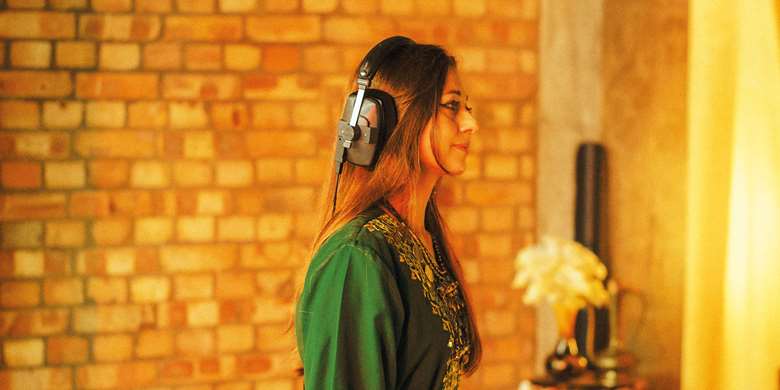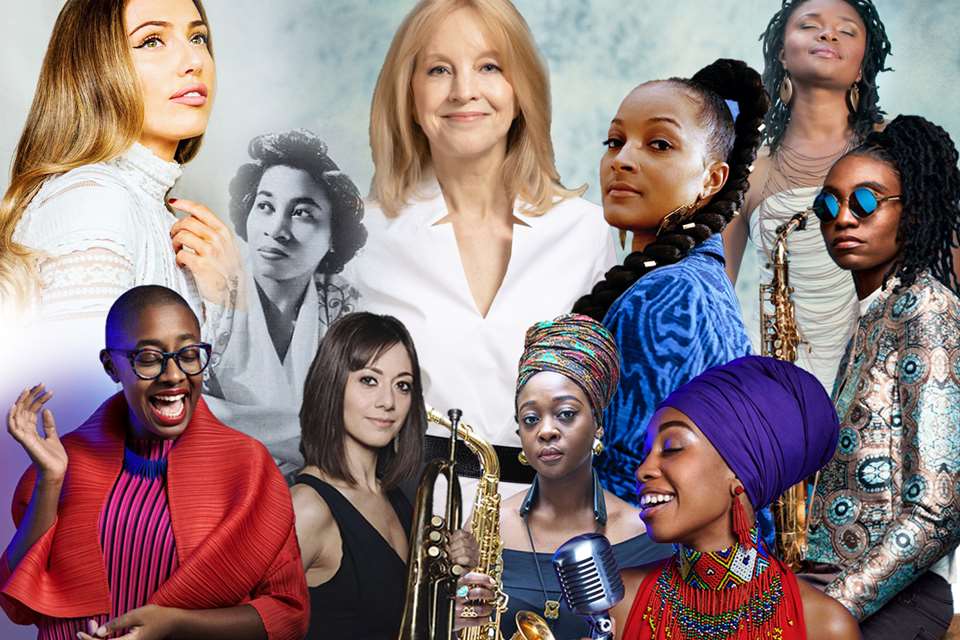Yazz Ahmed interview: "It's been a long journey finding my own true voice”
Tuesday, November 9, 2021
Yazz Ahmed is not only one of the leading lights of the new generation of UK jazz stars, she is also an important figure in a more global jazz movement – one that looks not just to the USA for its inspiration, but to other countries, indigenous musics and other personal stories. Ahead of a major appearance at November’s EFG London Jazz Festival, Stuart Nicholson spoke to the British-Bahraini trumpeter, flugelhornist and composer


Register now to continue reading

Thank you for visiting Jazzwise.co.uk. Sign up for a free account today to enjoy the following benefits:
- Free access to 3 subscriber-only articles per month
- Unlimited access to our news, live reviews and artist pages
- Free email newsletter
